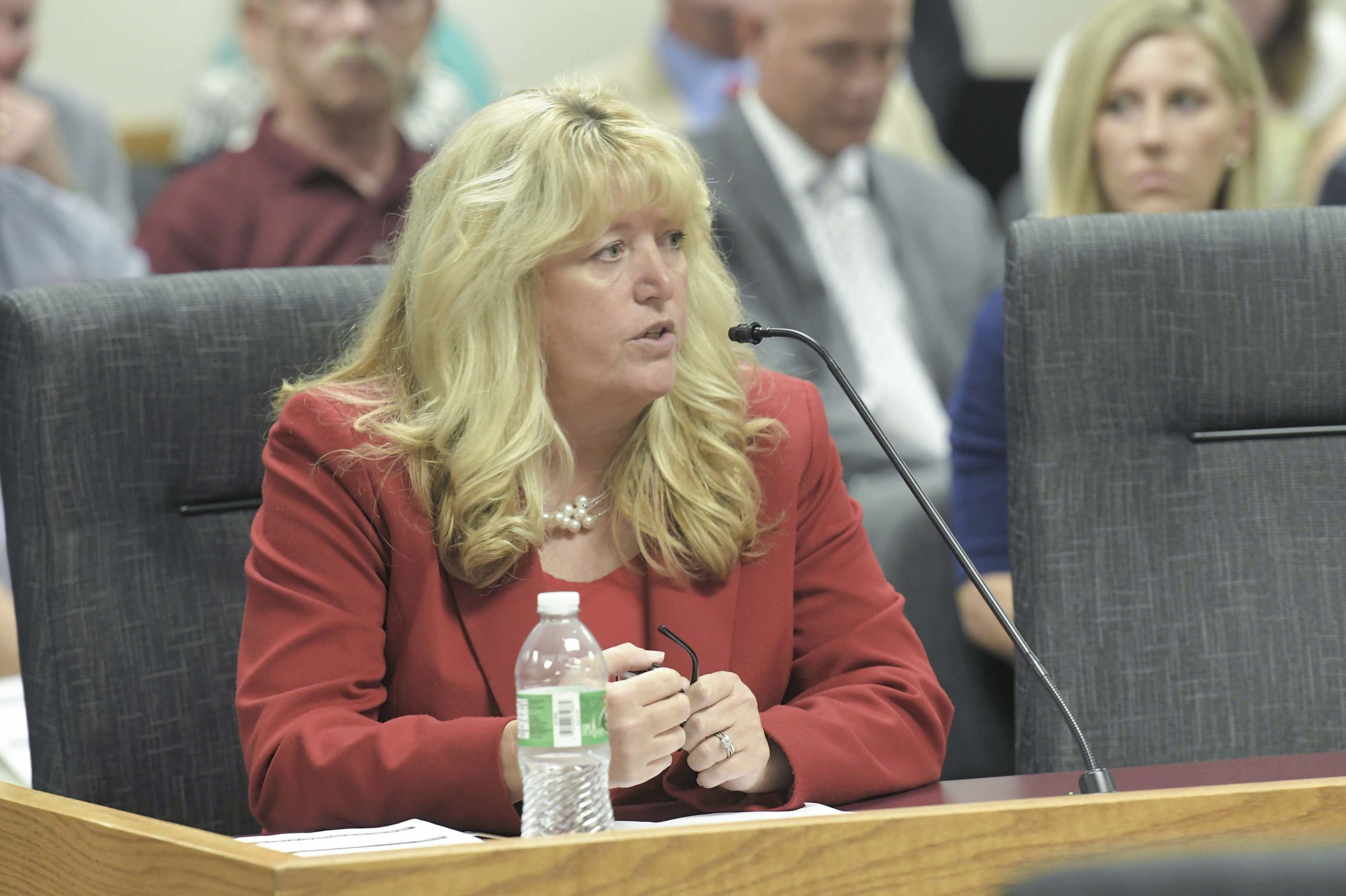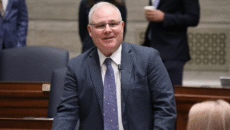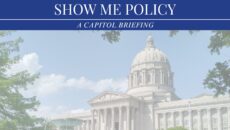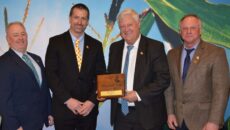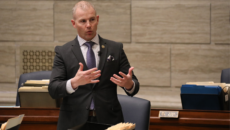JEFFERSON CITY, Mo. — Individuals who drive through or in Missouri could receive a refund for the increased gas taxes paid under a new plan put forth by Rep. Becky Ruth, chair of the House Transportation Committee.
Under Ruth’s plan, the gas tax would rise by two cents per gallon on Jan. 1, 2022, and will then increase by an additional two cents per gallon annually for five years. But those who pay any portion of the increase — including non-Missourians who purchased gas in the state — would be eligible to receive a refund for the increased amount paid.
“We are in desperate need of funding for our roads and bridges, but we also know a significant portion of Missourians don’t support an increase to our fuel tax,” Ruth said. “By giving taxpayers the option to obtain a rebate, we can strike a balance that generates the funding we need while also protecting taxpayers who don’t want to see their tax bill go up.”
As the legislation stands now, an individual can claim refunds for up to two vehicles per calendar year. However, a vehicle can be claimed by only one person each calendar year.
Individuals wishing to take advantage of the rebate would be able to apply once a year by April 15 with a written statement describing the total amount of motor fuel purchased with the increased tax as well as an original receipt, invoice or other documentation. The purchase date, name and address of purchaser, name and address of seller, number of gallons purchased, and more information would need to be provided.
The Department of Revenue would then have 30 days to issue the rebate from the roads fund.
“This proposal is a little unique because it is more of a voluntary gas tax rather than mandatory,” Ruth told The Missouri Times. “If you decide that you want your money back, and it’s only on the amount of the new tax, then you can save your documentation and get your money back. It’s a little unique and novel.”
Ruth noted Missouri already has rebates for non motorized fuel that could serve as a basis for how this proposal would be implemented. Calling it a “crisis level,” Ruth also said Missouri has between $8 million and $10 billion in unfunded needs to fix its transportation system.
Sen. Dave Schatz, who is championing a gas tax proposal in the upper chamber, said HB 1044 is a “very creative idea.” He said he’s been working with Ruth on her bill and expects to see a similar measure in the Senate.
Ruth mirrored HB 1044 with a similar law in South Carolina — albeit with some tweaks to be cognizant of the Hancock Amendment when drafting the legislation. In the Palmetto State, South Carolinians are eligible for an income tax credit; Ruth’s plan is open to all individuals, and the rebate would come from the roads fund.
The Hancock Amendment limits the amount of taxes the Missouri Legislature can impose in a fiscal year.
After years of approving road improvement legislation while attempting to increase its own gas tax, South Carolina lawmakers ultimately passed a law in 2017 raising the tax by 12 cents over six years with a rebate option — overriding a veto from Gov. Henry McMaster to do so.
Ruth said she attended a Southern Legislative Conference a little over a year ago where she met with South Carolina state Sen. Larry Grooms, the Republican architect of the increase in his state. She said she’s communicated with him about how to implement a similar proposal in her state.
“It’s an idea I’ve had for a little while, but it was a matter of seeing how we could fit this into Missouri,” Ruth said. “I’m very serious about it this year and believe this is the year we can get this done. It’s an innovative approach so I brought it to the table for consideration.”
South Carolina’s Department of Revenue said as of Nov. 30, more than 79,000 individuals claimed the credit for the 2020 filing season. The available credit cap for 2020 is $85 million; the claims filed up to that point only totaled $3.4 million.
HB 1044 does not include a cap.
An additional portion of HB 1044 increases transparency and accountability with the Missouri Department of Transportation (MoDOT), Ruth said. It requires MoDOT to put in plain site on its website information about how much money is coming into the fund and where it’s going.
The bill was second read in the House Thursday.

Kaitlyn Schallhorn was the editor in chief of The Missouri Times from 2020-2022. She joined the newspaper in early 2019 after working as a reporter for Fox News in New York City.
Throughout her career, Kaitlyn has covered political campaigns across the U.S., including the 2016 presidential election, and humanitarian aid efforts in Africa and the Middle East.
She is a native of Missouri who studied journalism at Winthrop University in South Carolina. She is also an alumna of the National Journalism Center in Washington, D.C.
Contact Kaitlyn at kaitlyn@themissouritimes.com.

